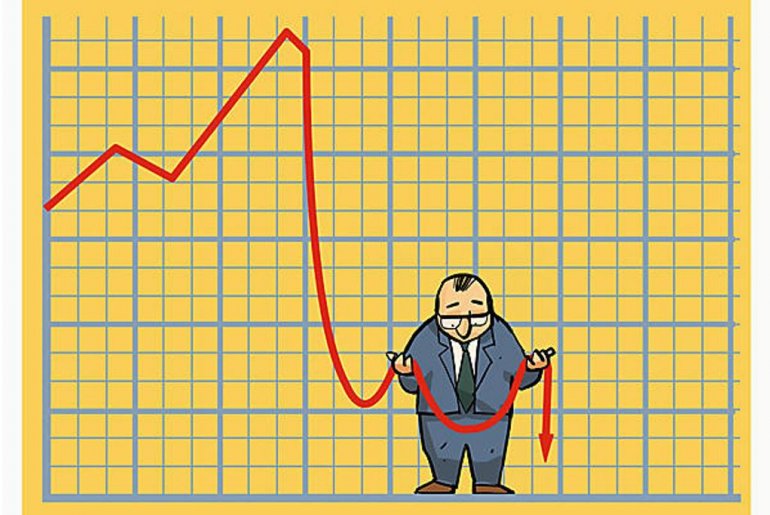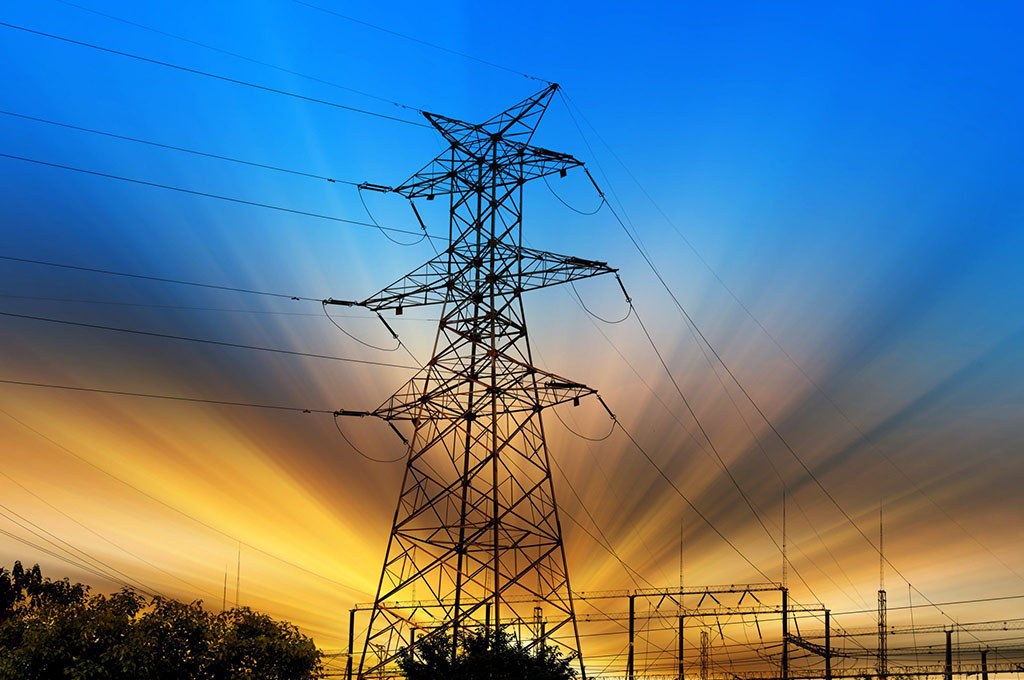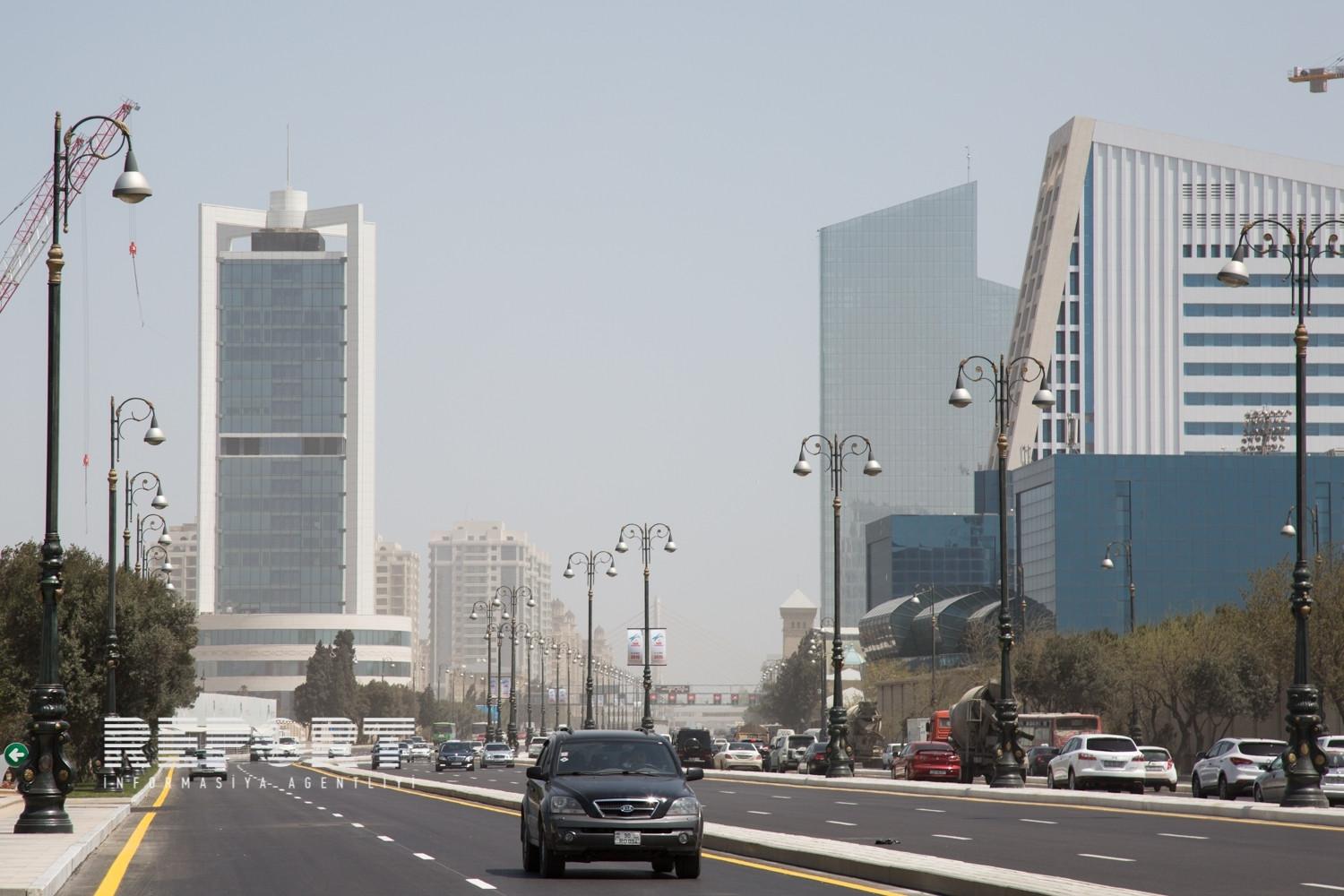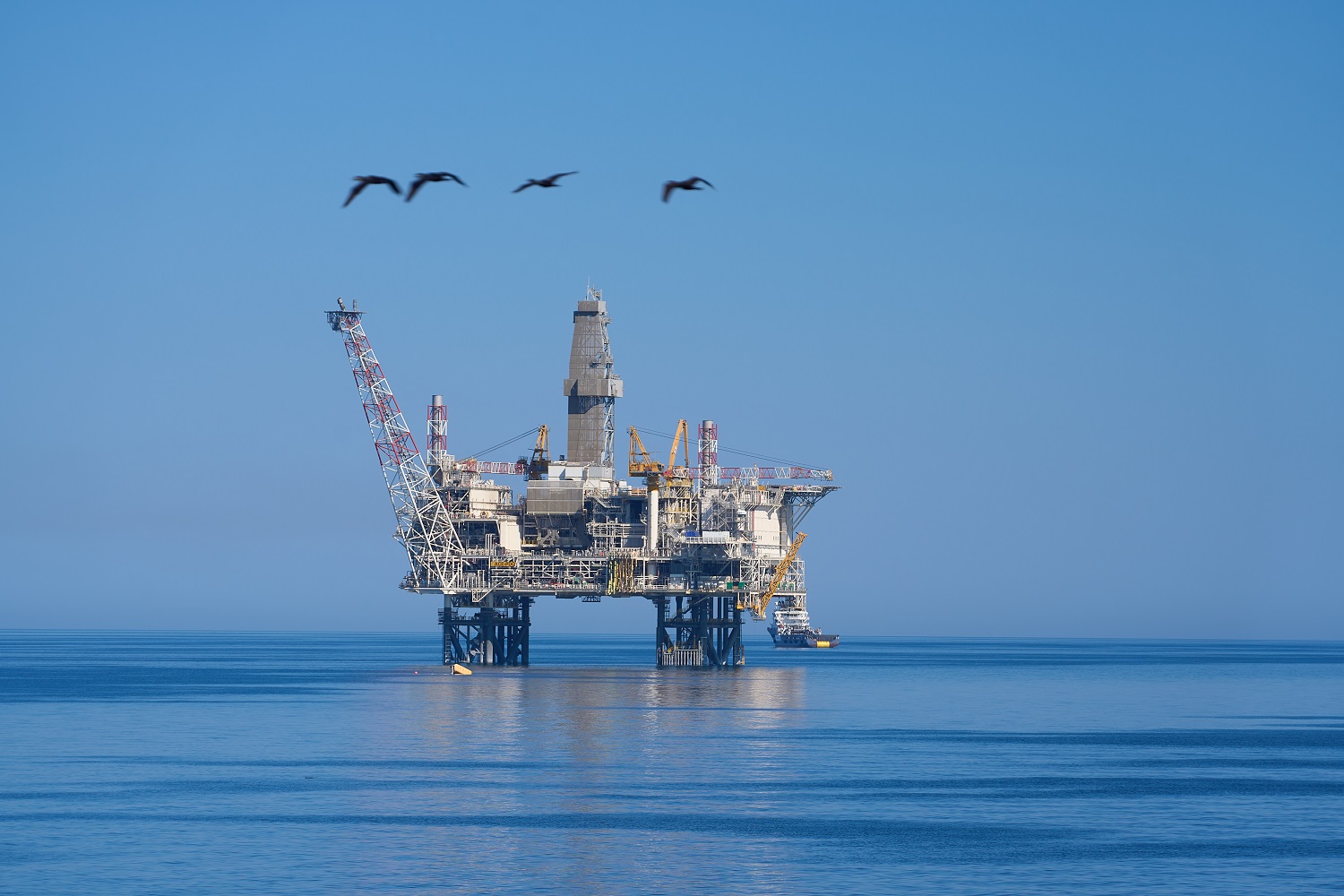 Legislators and journalists have finally seized on the importance of energy policy to the crisis in Ukraine, but much of the discussion has been limited to U.S. policy proposals. We should also bear in mind that international — not just domestic — energy policy won the Cold War.
Legislators and journalists have finally seized on the importance of energy policy to the crisis in Ukraine, but much of the discussion has been limited to U.S. policy proposals. We should also bear in mind that international — not just domestic — energy policy won the Cold War.
President Reagan largely won the arms race with the U.S.S.R., which depended on oil exports for its revenue, by persuading Saudi Arabia in 1985 to flood the market with cheap oil in exchange for munitions and military security, thus dramatically undermining, if not crippling, Russia’s commodity economy. By the same token, international energy policy generally and EU policy in particular (with respect to both gas, which affects Europe directly, and oil, on which Russia is perhaps more dependent) may help to prevent a second Cold War today.
Freeing up U.S. exports of natural gas, though an important goal, is by itself inadequate to ensure the security of Europe against the Russian energy hegemon. For one thing, U.S. gas exports face powerful opposition from chemical companies (which benefit from low domestic costs due to excess domestic supply). If structured properly, agreement on the U.S.-EU trade talks is the quickest way to eliminate export restrictions. Under the Energy Policy Act of 1992, the Department of Energy must grant export permits “without modification or delay” when a free trade agreement requires “national treatment for trade in natural gas.” Moreover, it will take several years to build the export infrastructure, and even then Europe may not be the highest bidder.
As President Reagan warned years ago in opposing Russian gas pipelines to Europe like the Nord Stream project, Europe must do more to provide for its own energy security. Two currently proposed pipelines — the so-called Southern Corridor — would bring gas from the Caspian Sea into Europe, thus diluting Russia’s market power. And Germanycould help to lessen its own demand for Russian natural gas by maintaining its nuclear power operations, at least temporarily.
Europe also must bring more pressure to bear on Russia’s state-owned energy company Gazprom by challenging the company’s abuse of its market dominance in Europe. In constructing its South Stream pipeline,Gazprom has ignored the EU’s “Third Energy Package,” which requires unbundling Gazprom’s ownership of transmission from production and supply. The EU’s Directorate General for Competition has been investigating Gazprom since 2011 and began drawing up formal antitrust charges last year. But the EU is now reportedly withholding its complaint to avoid the appearance of “aggression against Russia,” when events argue for Europe to accelerate the proceedings.
Finally, Europe has its own shale gas resources that it could use to reduce its dependence on Russia. This is, of course, precisely the reason Russia has opposed fracking in Europe. Compared to the United States, however, Europe is at a disadvantage when it comes to natural gas production. In the U.S., landowners
own the rights to gas under their land. This gives them an incentive to cooperate with natural gas discovery and exploitation.
In Europe, by contrast, these subterranean mineral rights belong to the government. As a result, fracking is much less popular in Europe than it is in the United States. If the EU can find a way for its member-states to compensate local residents for the temporary disruption of fracking, public opposition could turn to support.
These four initiatives — U.S. gas exports, Southern Corridor developments, EU competition enforcement, and EU shale gas production — would promote Europe’s own economy, reduce what has proven to be an unhealthy reliance on Russian energy, and dramatically increase the West’s leverage over Mr. Putin’s aggressive behavior.
• C. Boyden Gray has served as White House counsel, U.S. ambassador to the European Union, special envoy for Eurasian energy and special envoy for European Union affairs. “Arbitrary and Capricious” runs monthly.











